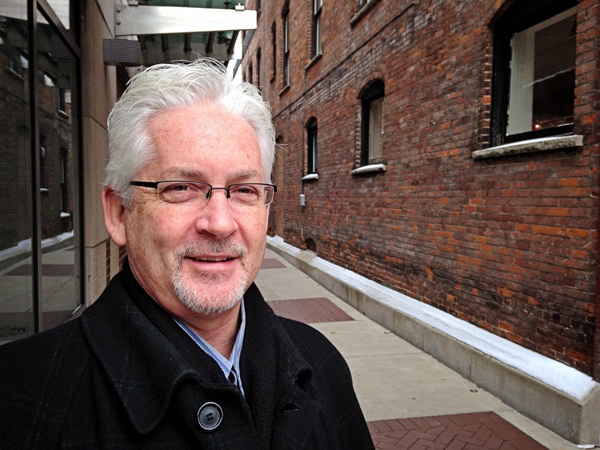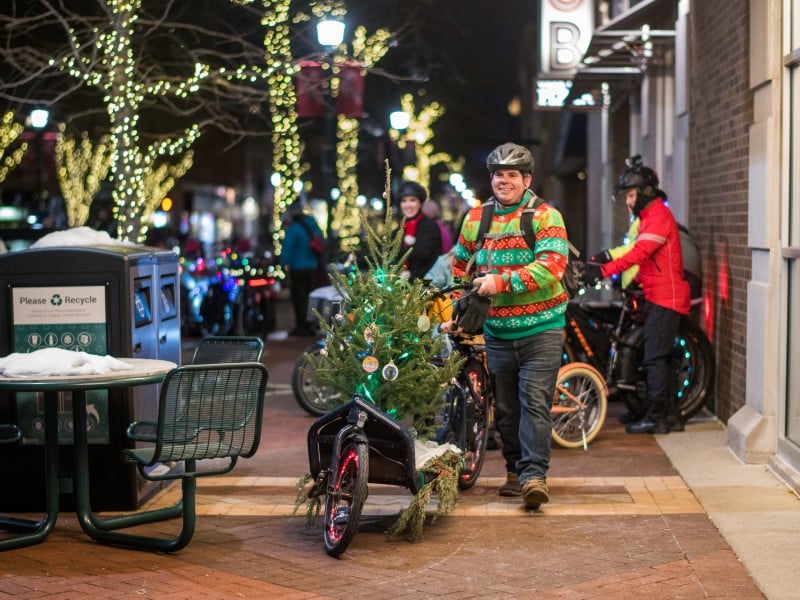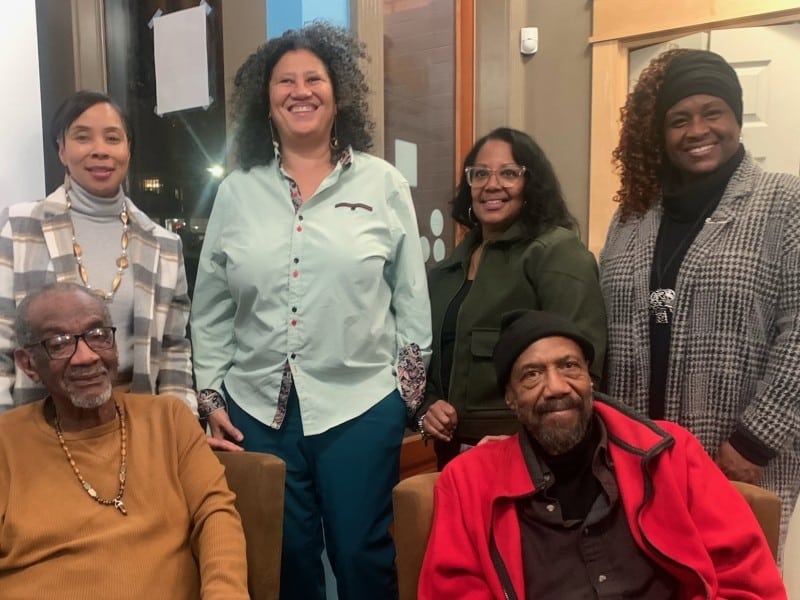Creative efforts will keep ‘The D’s’ at work in downtown Kalamazoo
Staff is being cut, budgets are being scrutinized, and organizational streamlining is under way for the entities that have led downtown Kalamazoo for many years. DKI's Steve Deisler talks about what's ahead as "The D's" grapple with plummeting revenues and the imperative for support for a vibrant downtown.

As 2014 is about to unfold questions are being sorted out over the future of the organizations that have led downtown Kalamazoo for 25 years.
Collectively known as “The D’s”–Downtown Kalamazoo Inc., the Downtown Development Authority, Downtown Tomorrow Inc. and Downtown Kalamazoo Association Charities–are exploring ways to maintain core services as they streamline the organizations in keeping with the reality of severely reduced financial resources.
They are seeking out new partnerships to accomplish what “The D’s” have done largely on their own through the years and are exploring ways for activities that were subsidized by Downtown Kalamazoo Inc. or the DDA to become financially independant.
Grassroots solutions are what are going to make it possible to continue the work of maintaining a vibrant downtown, says Steve Deisler, president of Downtown Kalamazoo Inc.
Downtown Kalamazoo has grown over the years, in large part due to the incentives “The D’s” have been able to offer. “Those dollars are not there right now,” Deisler says.
“The key is creative thinking,” says Deisler. “A lot of solutions will come from the grassroots, dealing with the public, and hearing what really excites them.” Solutions will come from the businesses on the street that have a vested interest in downtown’s vitality.
“What we hope to see, hear, and get involved in is new approaches, a more collaborative approach, with everyone working together. That has to be the future,” Deisler says.
Over the years, the private/public partnership has used innovative financing strategies in support of businesses of all sizes. As a result, since 1990 more than $500 million has been invested and 2,500 new jobs created downtown.
“We were able to provide $2 million over 10 years for building facade renovations that have helped the small businesses and touched most of the buildings downtown,” Deisler says.
The main retail corridor, the Kalamazoo Mall, now has only a couple of empty storefronts. That turnaround has in turn led more people to want to live there. Today there are more than 575 residential units with a vacancy rate of less than 3 percent that has held since 2009.
Hundreds of thousands of visitors annually to are drawn to parades, Bronson Park and the Arcadia Creek Festival Place where more than 40 downtown festivals take place. Further, the downtown crime rate is lower than any other neighborhood in Kalamazoo.
Though “The D’s” and their related committees have taken action to bring about these results the money they once had to perform them has plummeted and financial uncertainty is likely to prevail into 2018.
National economic conditions and the related drop in property values have left communities across the state hard hit. In downtown Kalamazoo, funds from Tax Increment Funding (TIF) dropped 60 percent, a loss of $2 million. Tax appeals, including one being repaid through 2015, the demolition of formerly tax-paying properties, and the expansion of property owned by nonprofits all have cut into “The D’s” revenue. So measures are being taken to fit the new circumstances.
DKI, which employed nine full time employees in 2011 will now have three full-time and three part-time employees. The full-time employees are the executive director, the finance director and development coordinator. Part-time employees are the administrative assistant, accounting assistant, and business development director.
“With a smaller budget and a smaller staff we will be more focused on our core values,” Deisler says. He hopes the organization will be able to grow again as financial constraints ease.
A Kalamazoo Community Foundation-financed strategic review undertaken to ascertain how “The D’s” should proceed recommends moving from the existing structure of four boards, nine committees, and 120 volunteers, to a structure calling for two boards and five committees.
One key new group proposed is a downtown Joint Executive Committee made up of representatives of DKI, DDA, City Commission and the City Administration. Their role would be advisory, leadership, problem solving and support to DKI and DDA Boards. It would meet as needed, says Deisler.
Some change already has begun. The Arts Council has been told DKI can no longer help sponsor Art Hops and business owners like Gazelle Sports co-owner Chris Lampen-Crowell are stepping up. He has agreed to chair the restructured Communications and Events Committee.
Other pieces of the reorganization will go more slowly as they are explained to boards and committees affected by them and research goes into making sure what is proposed is sound.
What won’t change in the structure is the public and private nature of “The D’s.” There will be one public entity, the DDA, and one private entity, DKI. Maintaining a private sector presence allows developers and other business people to discuss investment and financing possibilities that can be difficult to talk about without confidentiality.
“The D’s” are focusing on the work that keeps the downtown vibrant. Among their core missions are: support and advocacy for downtown businesses, fostering downtown events and getting the word out about them, upkeep of parking, maintaining a clean downtown, and planning and design to keep the downtown pedestrian friendly and connected to surrounding neighborhoods.
Combining the former DKI marketing committee and the Downtown Kalamazoo Association Charities, which in part oversees many activities that draw people to the downtown, also is recommended.
Explaining the reorganized D’s to the community so a new structure can be in place during the first quarter of 2014 is the goal. Officials also are considering how to proceed with fund raising. For example, this year the Irving S. Gilmore Foundation funded holiday programming including the Holiday Parade, Holly Jolly Trolley and Santa’s Workshop.
Meanwhile, the downtown continues to add new businesses. Four opened in December and five in November.
“Young business people want to be downtown,” Deisler says. “They want to work, live, and bike through downtown. We want the unqiue experience to keep this vibrancy going.”
Kathy Jennings is the managing editor of Southwest Michigan’s Second Wave. She is a freelance writer and editor.














